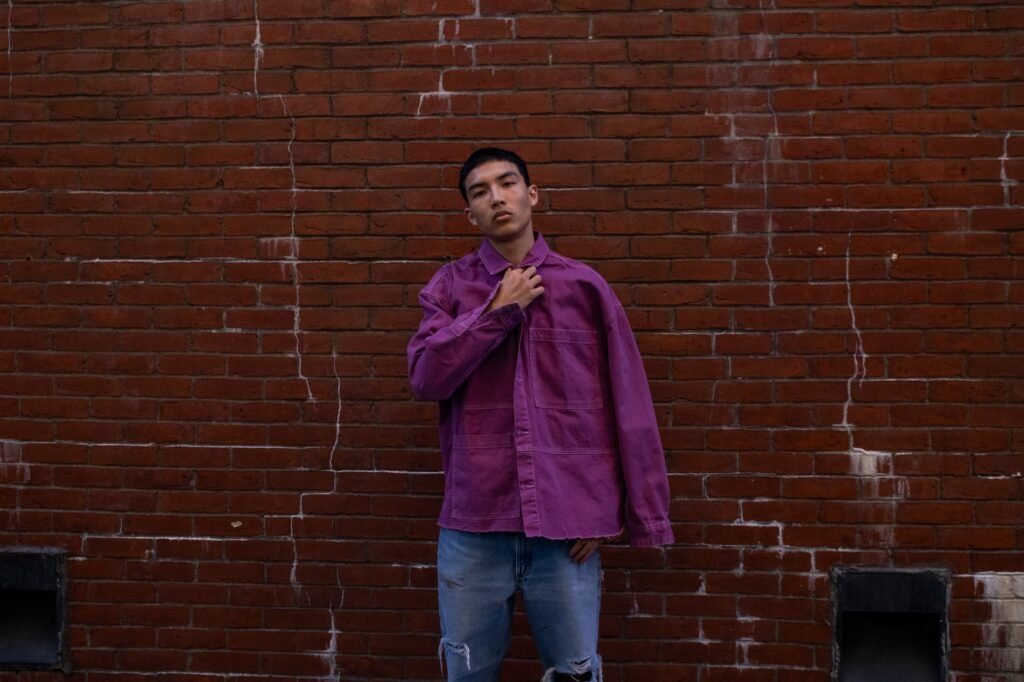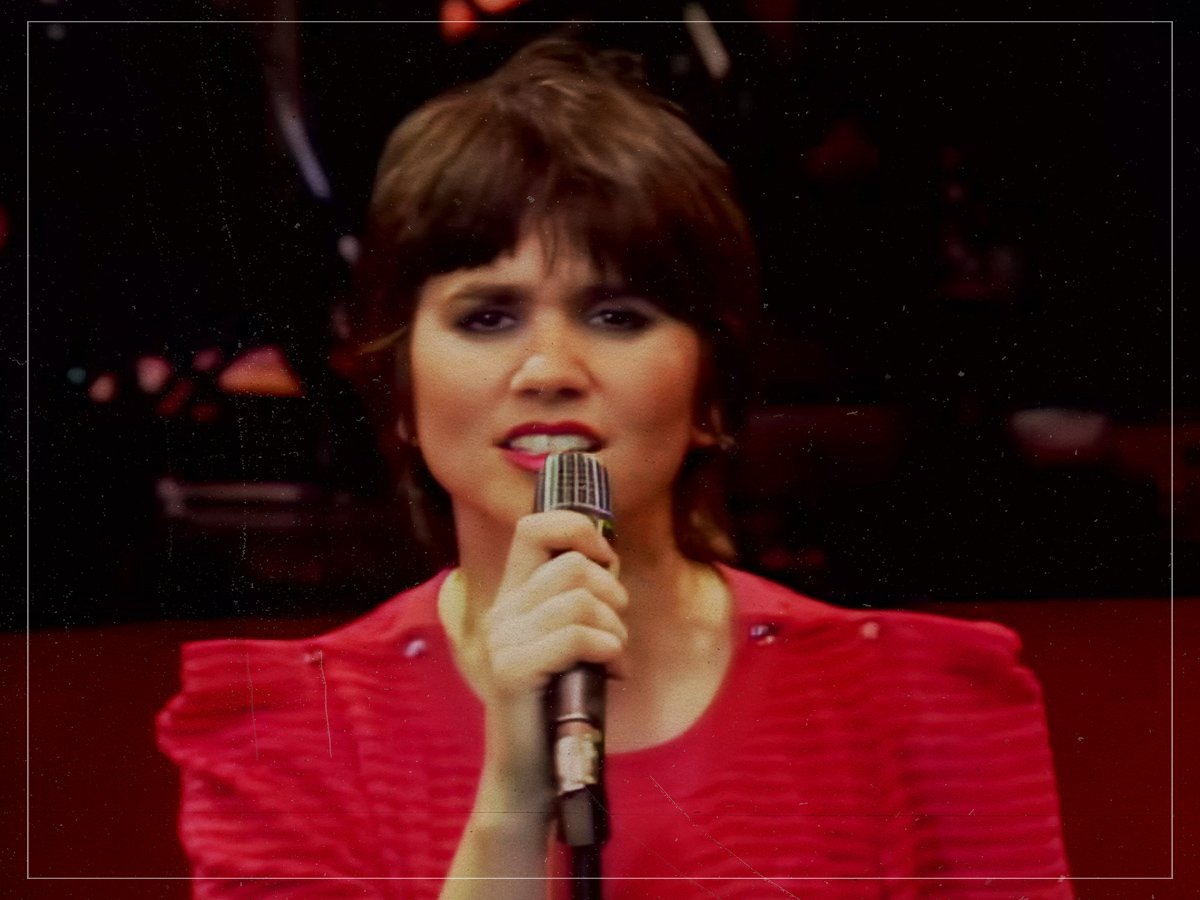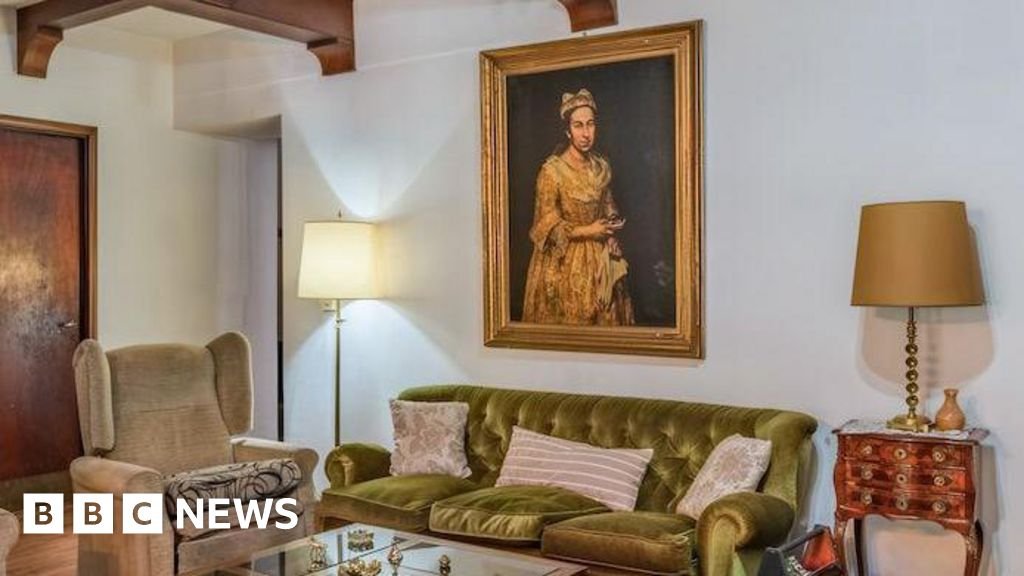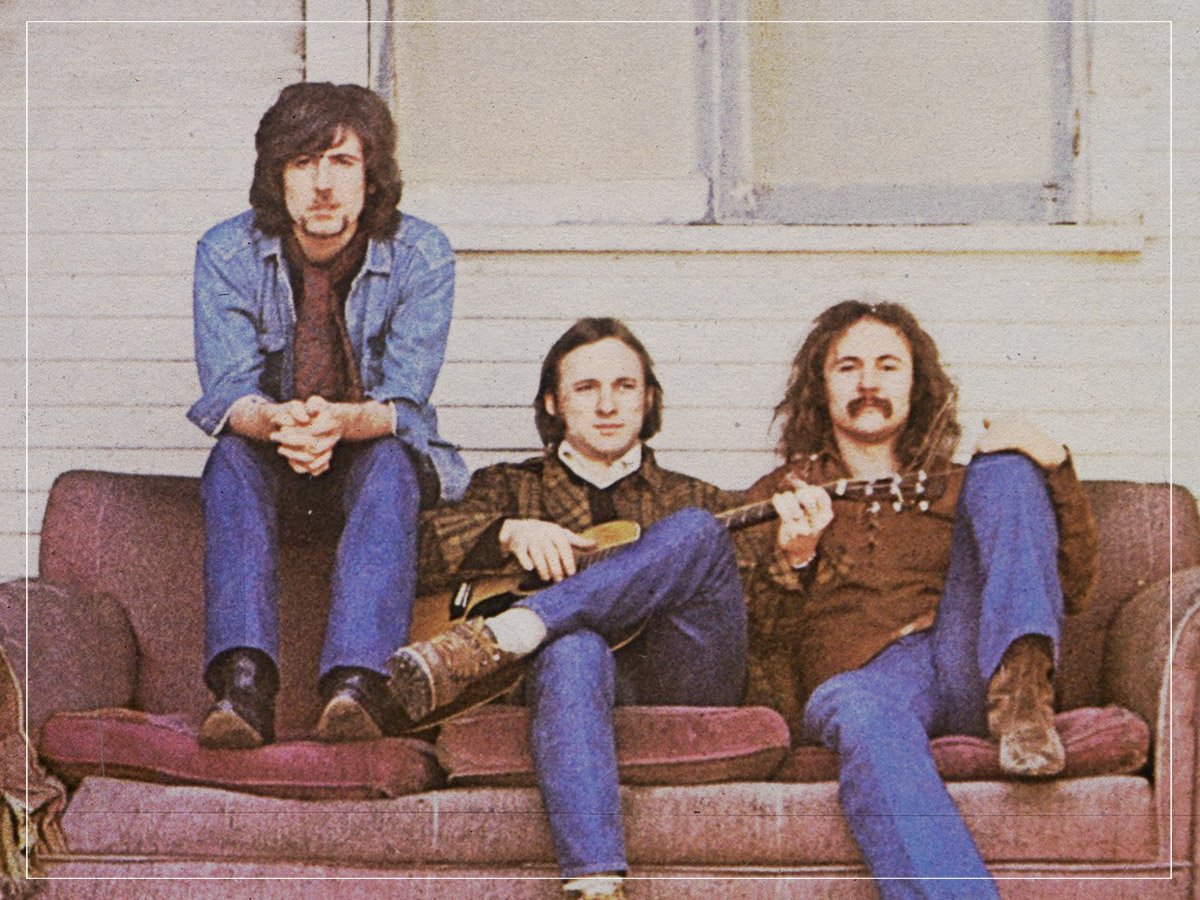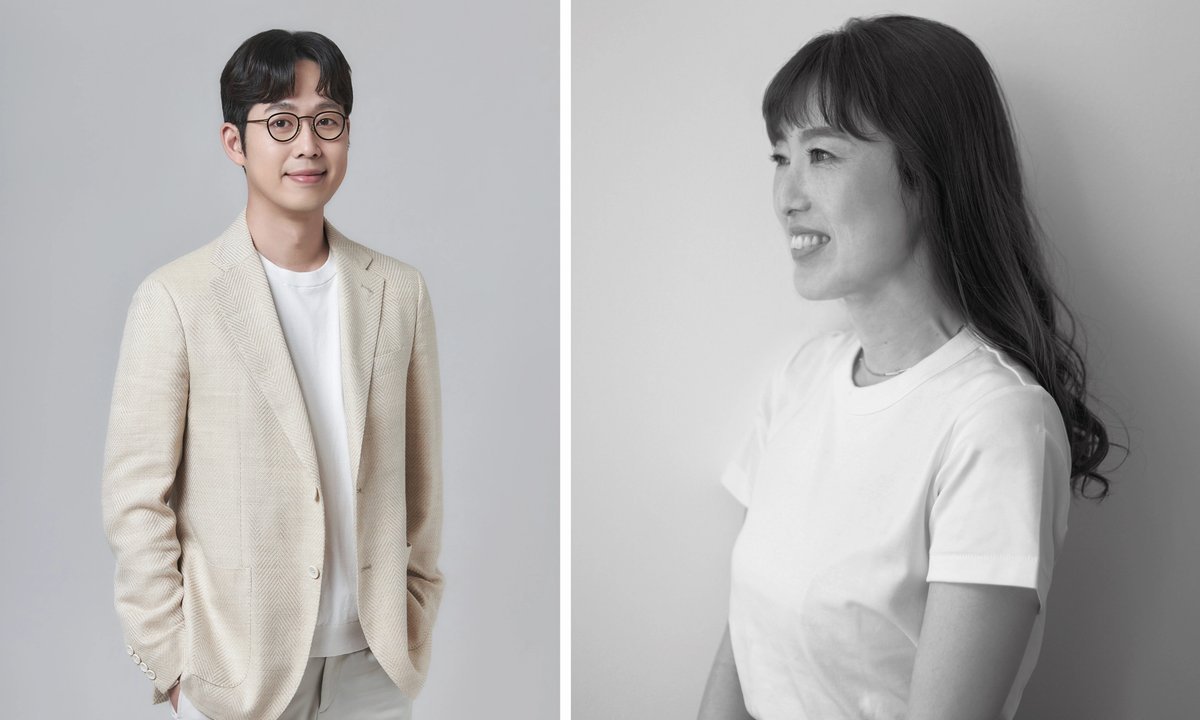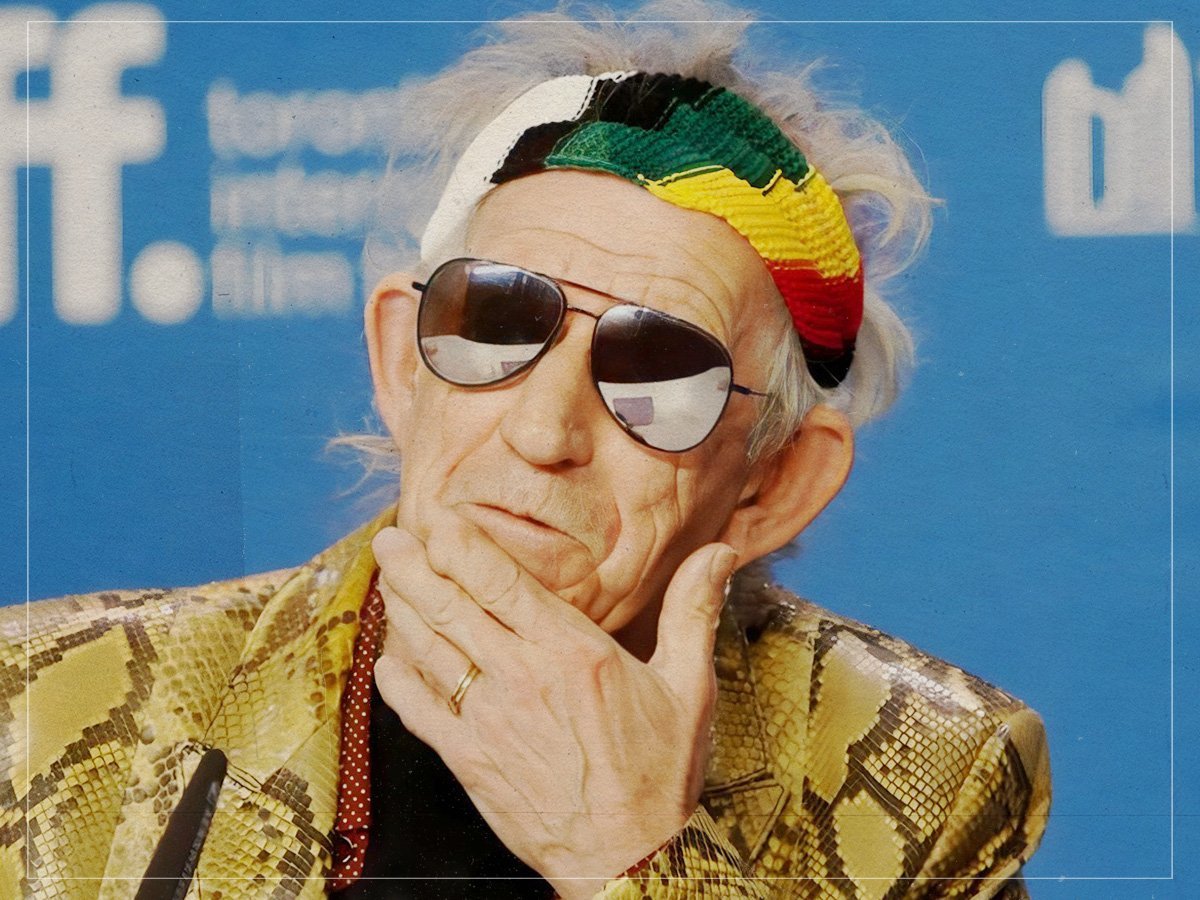While sitting with his friend on March 12, Dexter S. Griffin ’27 — better known by his artist name, Dexter Suhn — found out that 34-year-old R&B singer-songwriter SZA posted a song he had produced to her Instagram page with 20.2 million followers.
“The SZA thing kind of came out of nowhere,” Suhn said. “In the back of my mind, it was expected. I knew she liked the song, I knew that it existed, but yeah, no, I was tripping.”
Suhn, naturally soft-spoken, exudes a humble calmness to the extent that it truly is hard to imagine such an energetic display from him.
In explaining how the SZA project came to be, Suhn heavily credits fellow music producer, Cody Jordan — better known as ThankGod4Cody — for the connection.
“I met him at UC Berkeley a year ago, roughly about a year. I ended up showing him my music,” Suhn said. “He and his manager liked it, so we ended up at their house over the summer working on music.”
Suhn and ThankGod4Cody, who Suhn refers to as Cody, have been friends ever since. Cody, who produced SZA’s last studio album, “SOS,” was the one who introduced SZA to Suhn’s work. Just last month, Cody delivered a talk at Harvard, which Suhn arranged in collaboration with the Harvard Foundation. Suhn hopes that the event with Cody was the first of many, sharing that he has plans to start a music production club on campus in the fall.
Being a student artist at Harvard is undoubtedly a unique experience. Suhn also reflected on how he balances Harvard with his music career, detailing how Harvard uniquely fits into his life as a musician.
“A lot of it falls into place naturally. Once you put your energy into it, everything else forms around what you’re interested in,” Suhn said.
Suhn’s rise to Harvard fame came out of a captivating performance at the First-Year Talent Show, which he signed up for only days before the event after hearing about it from a friend.
“That ended up being a really cool experience,” Suhn said. “Things followed from that. I was introduced to people that also have similar interests that are my friends now to this day.”
Community is a big part of Suhn’s experience as a student musician at Harvard, where his peers have embraced him.
“I think once people recognize that you’re doing something that they resonate with, you guys just find each other naturally. Campus isn’t that big,” Suhn said.
For Suhn, music has always been about connecting with those around him. At a young age,
his father, a musician, introduced him to music. Starting on the guitar and ukulele, Suhn began producing music with a friend in the latter half of middle school and started releasing music in his freshman year of high school. Through his entire career, Suhn’s passion for music has been closely tied to his family.
“The most special part about it is just being able to relate to my dad. We can be proud of each other,” Suhn said. “I’m basically like a mini Quincy — my dad.”
Suhn additionally explained how he hopes his pursuit of music inspires his younger sister, who is also a musician.
“It’s nice to have your older sibling do something and show you that you can do it too. I’m just happy to be able to encourage her to do what she enjoys,” he said.
Looking forward, Suhn hopes to continue engaging with Harvard through music. As a future resident of Quincy House, Suhn’s vision is to perform an NPR-style Tiny Desk concert in Quincy’s library, the Qube.
With the prospect of new performances on the horizon comes new music as well. Over winter break, Suhn shot a music video for one of his songs with classmate Gunnar Sizemore ’27, which Suhn teased for a possible summer release.
Summer is a valuable time for Suhn, a period in which he can focus on making new music. Suhn said he plans to spend most of this summer at home in the Bay Area, traveling between there and L.A., and “just cranking out content.”
Thinking about the distant future, Suhn grappled with the societal space he occupies as a musical artist.
“The life of an artist seems so selfish. There’s a million songs that come out every week. Why do you need to be the million and first?” he said.
Upon reflection, Suhn described the power and value of music, seeing it as both a force of change and a necessary artistic pursuit.
“[Music] improves quality of life for people, and it inspires people to do X, Y, Z,” Suhn said.
While Suhn loves being a musician and putting out new music, he also expresses a desire to explore other creative realms down the line.
“I want to be in the creative arts industry, but not just on the creative side and not just music,” he said.
Dexter Suhn is just getting started. As he navigates his life as a student musician and future artist, he will continue to draw upon the strength of those around him — his family and the Harvard community.

